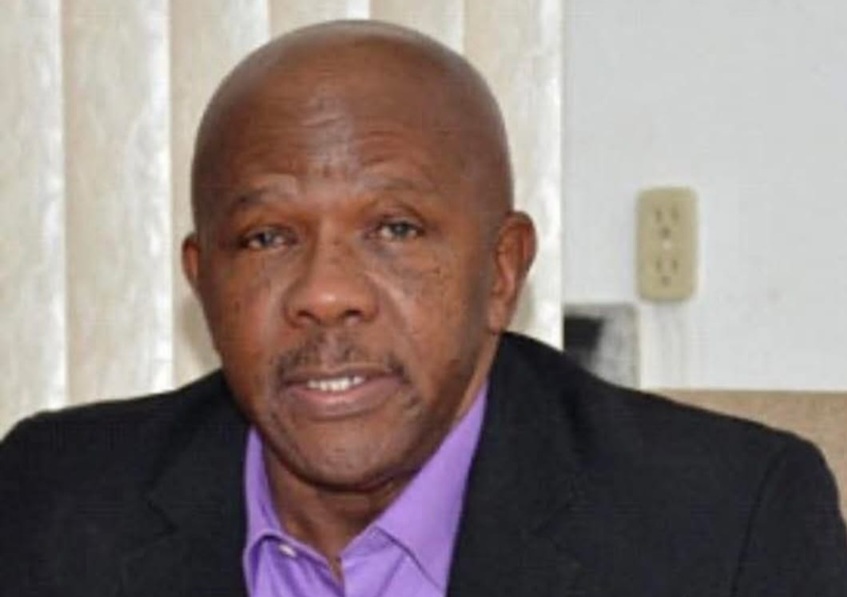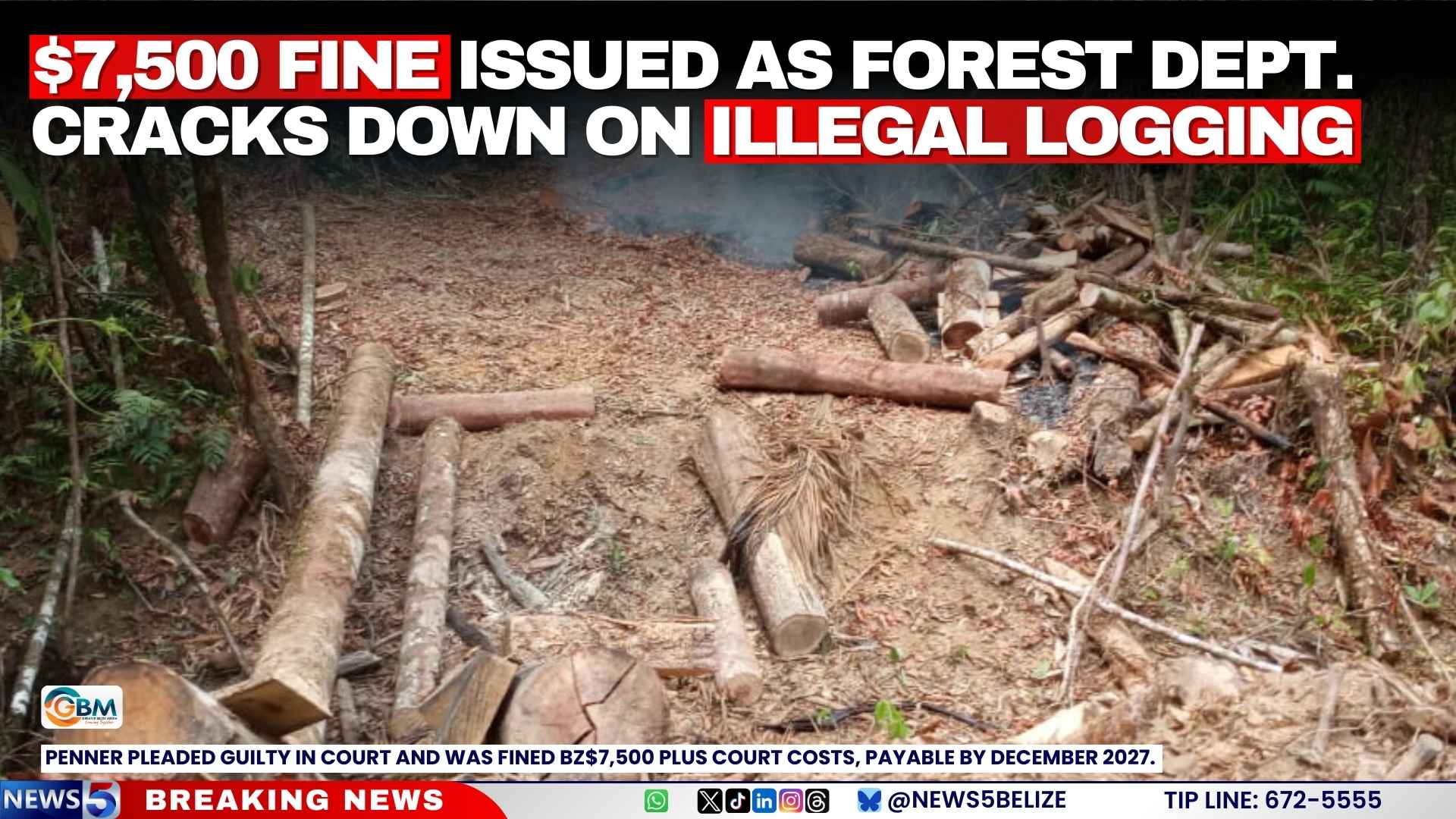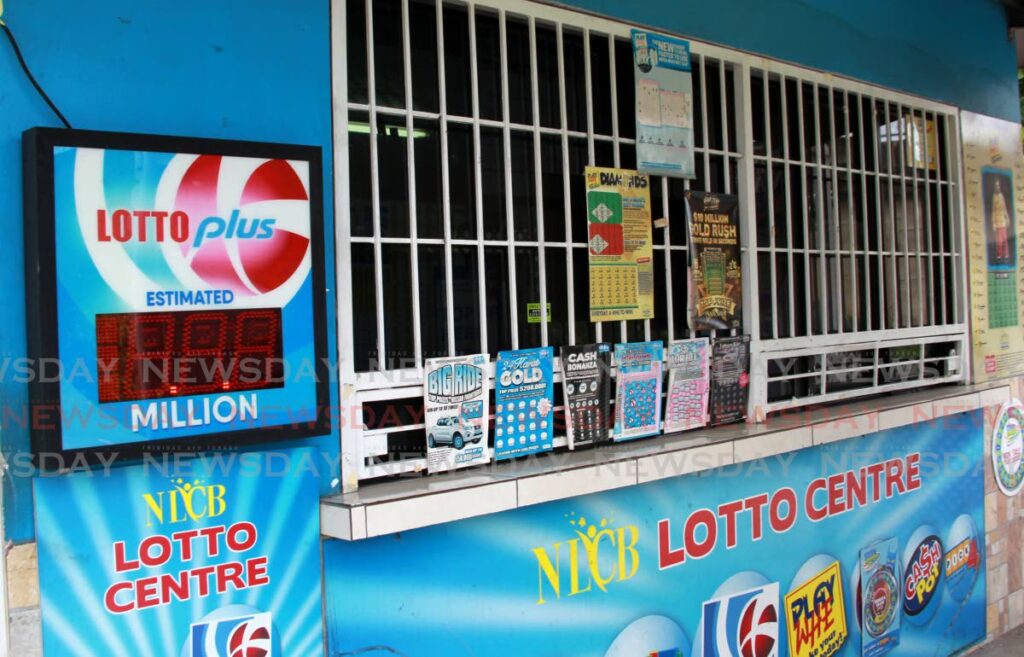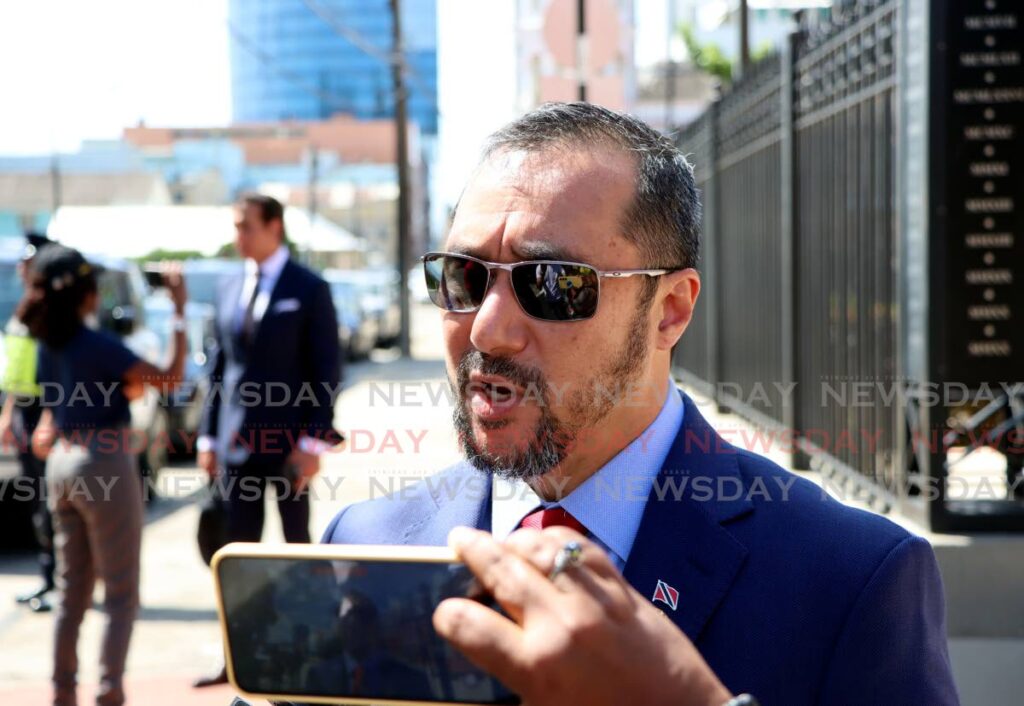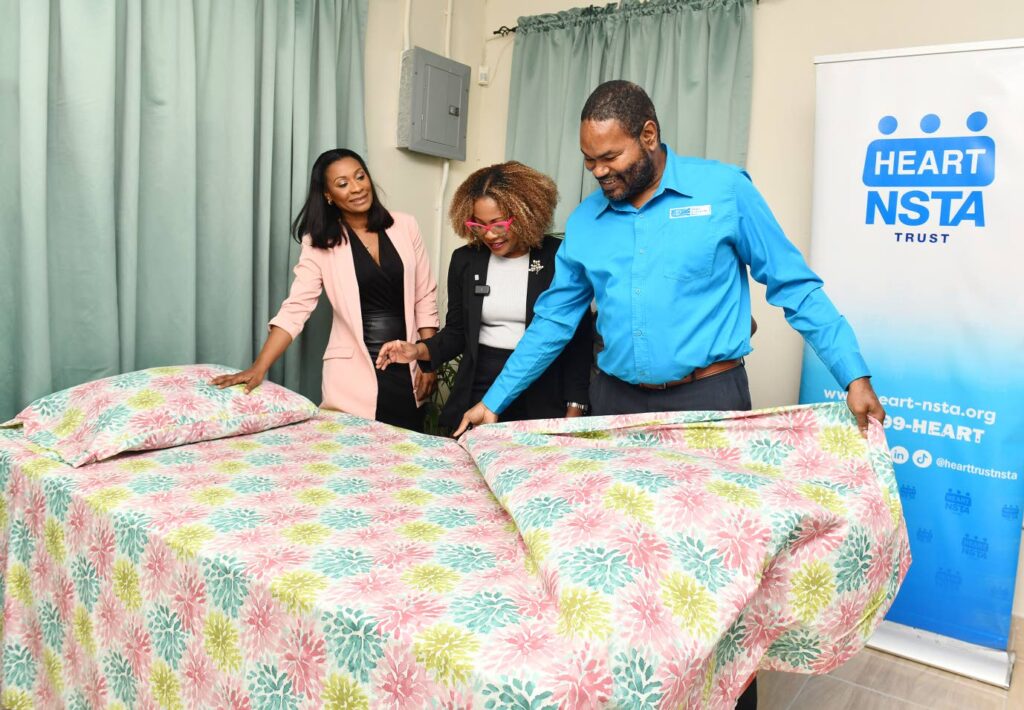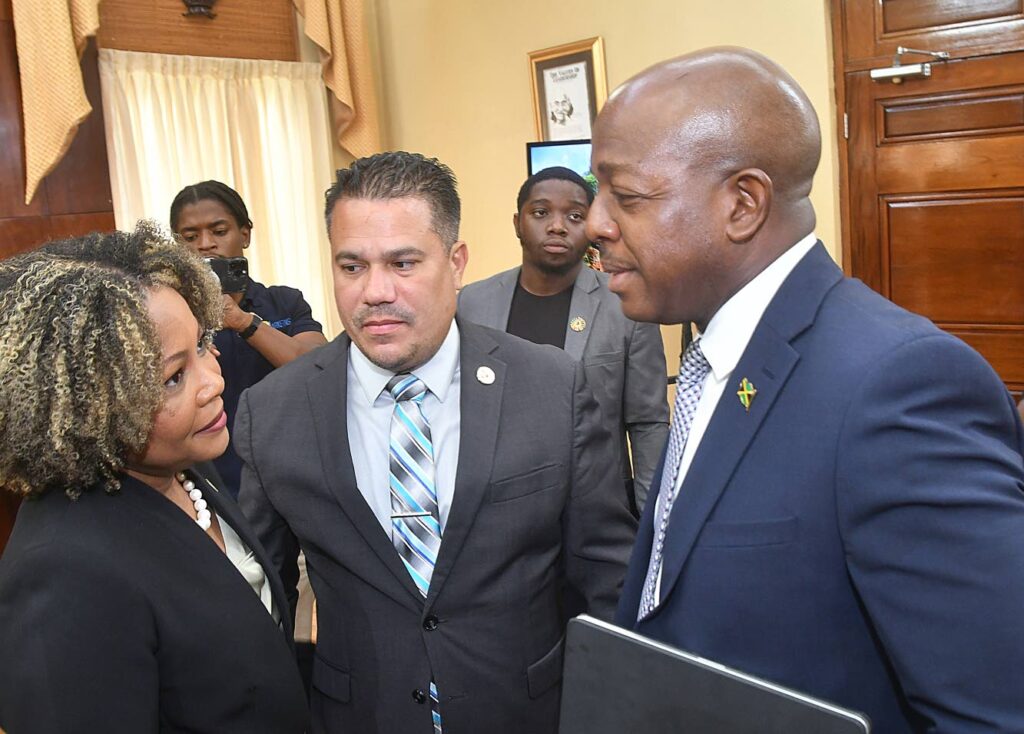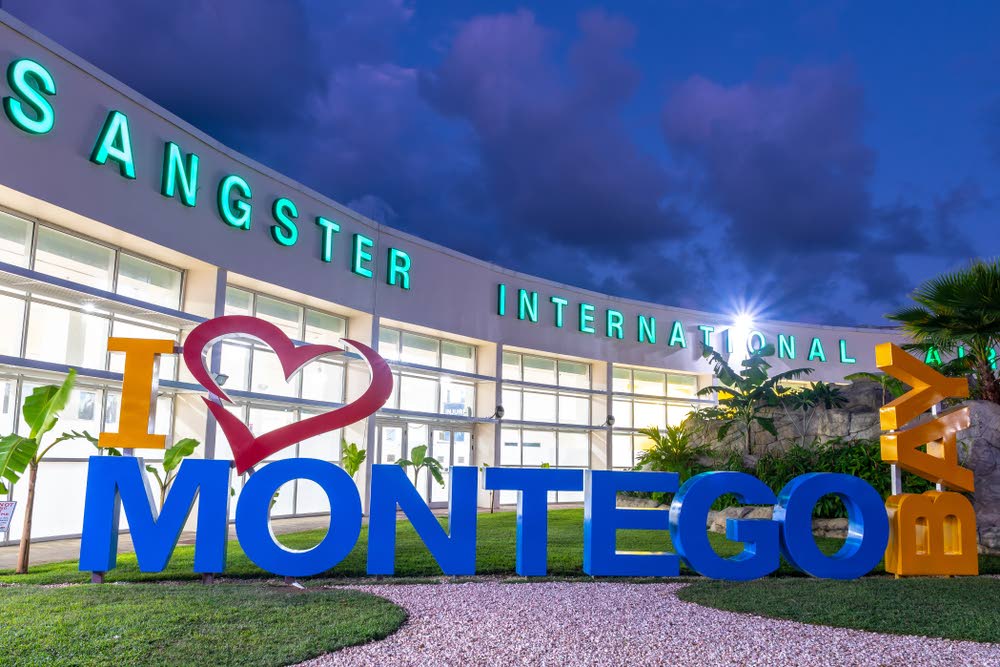The Guyanese tourism and education sectors are mourning the passing of Donald Sinclair, a multifaceted icon who died Thursday at age 73. The Tourism and Hospitality Association of Guyana (THAG) confirmed the death of the revered figure who left an indelible mark across multiple fields.
Sinclair’s legacy spans three major domains: tourism development, education, and sports. With over 35 years of experience spanning local, regional, and international tourism, he was appointed Director-General of Guyana’s Department of Tourism in 2015 by then-Minister Cathy Hughes. Prior to this leadership role, he had advised multiple tourism ministers and was instrumental in shaping policy, planning, and institutional development within the sector.
Beyond government service, Sinclair was a passionate educator who lectured at universities in Guyana, the United States, and Canada. He served as Senior Lecturer in Sustainable Tourism Management and played a key role in regional capacity building as Lecturer and Director at the Suriname Hospitality and Tourism Training School. His academic contributions included research articles on tourism published in numerous international journals.
Sinclair’s practical tourism development initiatives were equally impactful. He conceived and executed several community-based programs including the innovative Coconut Festival, which highlighted agro-tourism, cultural heritage, and local enterprise while fostering community participation in tourism.
In his earlier years, Sinclair contributed to Guyana’s educational system as a teacher at North Georgetown Secondary School during the 1970s. He also helped pioneer bodybuilding in Guyana during the sport’s formative years in the country.
THAG President Mitra Rajkumar expressed the sector’s grief, stating: ‘It’s a sad day for us. He was an outstanding gentleman in every sense of the word. He gave his all to the sector for decades.’ The association described Sinclair as ‘a distinguished tourism advocate, educator, and public-sector leader whose contributions helped shape Guyana’s tourism landscape.’
His legacy is remembered as one of vision, mentorship, and service that effectively bridged education, policy, and practical tourism development. THAG has extended condolences to his family, colleagues, students, and the wider tourism community, noting that his contributions to Guyana and regional tourism will be remembered with respect and gratitude.
